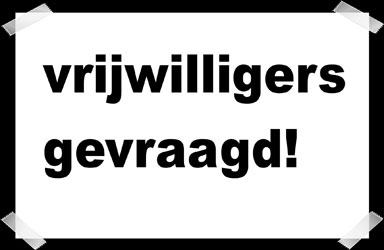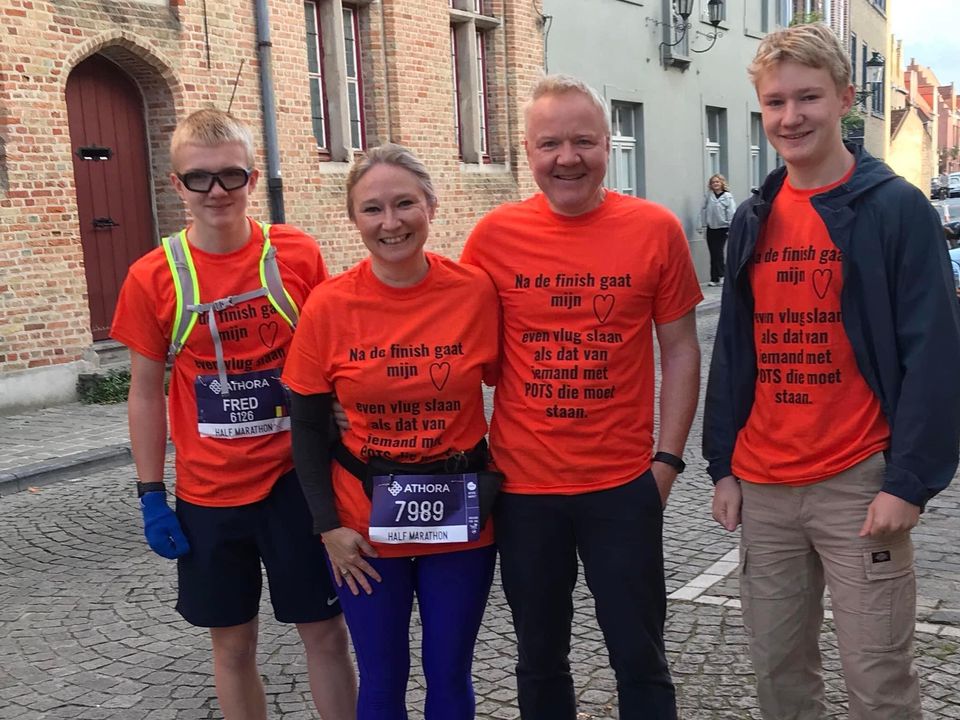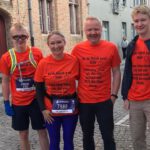Paper in press. A review on Cognitive Behavorial Therapy (CBT) and Graded Exercise Therapy (GET) in Myalgic Encephalomyelitis (ME) / Chronic Fatigue Syndrome (CFS): CBT/GET is not only ineffective and non evidence-based, but also potentially harmful for many patients with ME/CFS.
Authors: Frank N.M. Twisk and Michael Maes.
ABSTRACT
Benign Myalgic Encephalomyelitis (ME) / Chronic Fatigue Syndrome (CFS) is a debilitating disease which, despite numerous biological abnormalities has remained highly controversial. Notwithstanding the medical pathogenesis of ME/CFS, the (bio)psychosocial model is adopted by many governmental organizations and medical professionals to legitimate the combination of Cognitive Behavioral Therapy (CBT) and Graded Exercise Therapy (GET) for ME/CFS. Justified by this model CBT and GET aim at eliminating presumed psychogenic and social maintaining factors and reversing deconditioning, respectively.
In this review we invalidate the (bio)psychosocial model for ME/CFS and demonstrate that the success claim for CBT/GET to treat ME/CFS is unjust. CBT/GET is not only hardly more effective than non-interventions or standard medical care, but many patients report that the therapy had affected them adversely, the majority of them even reporting substantial deterioration. Moreover, this review shows that exertion and thus GET most likely have a negative impact on many ME/CFS patients. Exertion induces post-exertional malaise with a long lasting “recovery” time, decreased physical performance/anaerobic capacity, muscoskeletal pain, neurocognitive impairments, “fatigue” and weakness. This can be explained by findings that exertion may amplify pre-existing pathophysiological abnormalities underpinning ME/CFS, such as inflammation, immune dysfunction, oxidative and nitrosative stress, channelopathy, defective stress response mechanisms and a hypoactive hypothalamic-pituitary-adrenal axis.
We conclude that it is unethical to treat patients with ME/CFS with ineffective, non-evidence based and potentially harmful “rehabilitation therapies”, such as CBT/GET.







